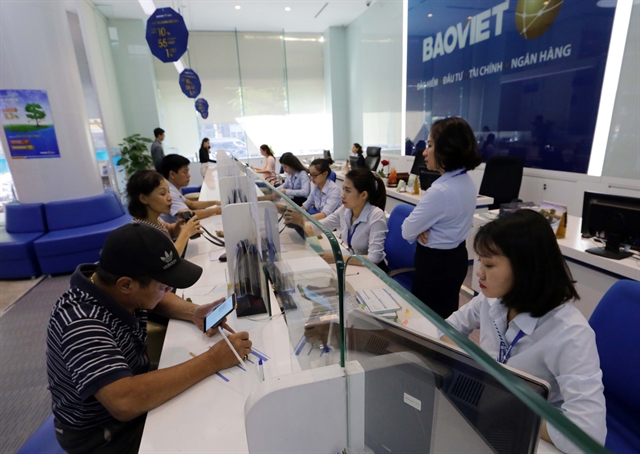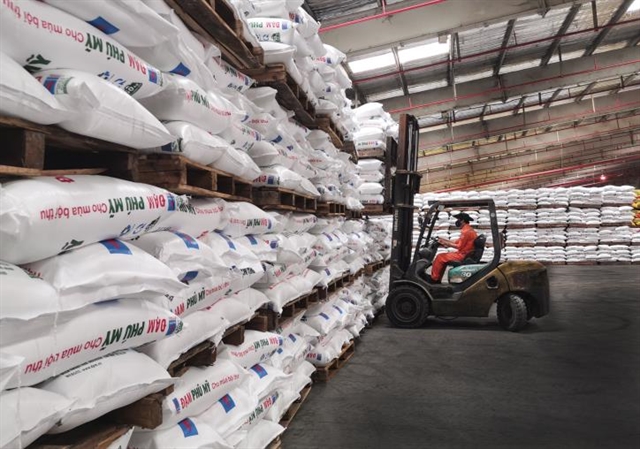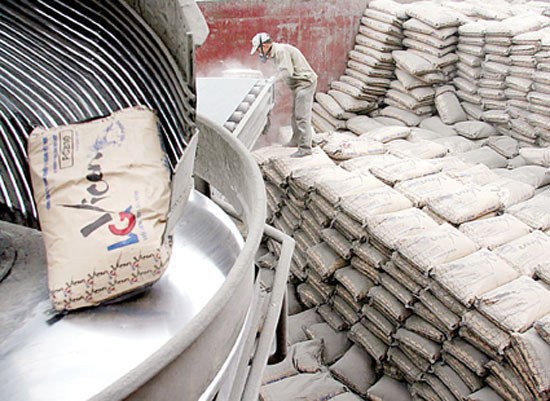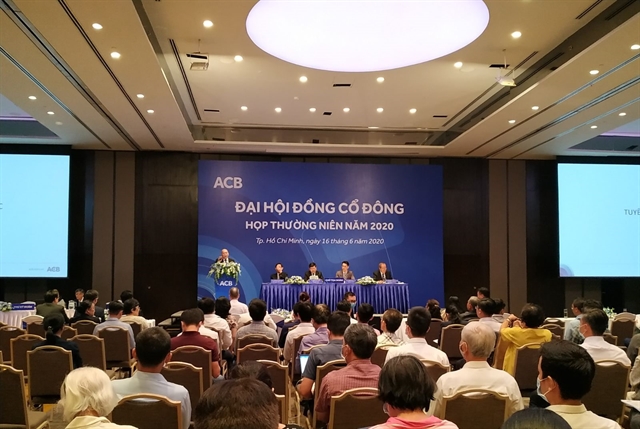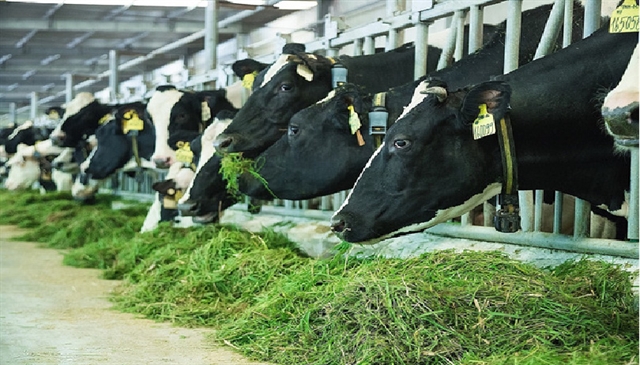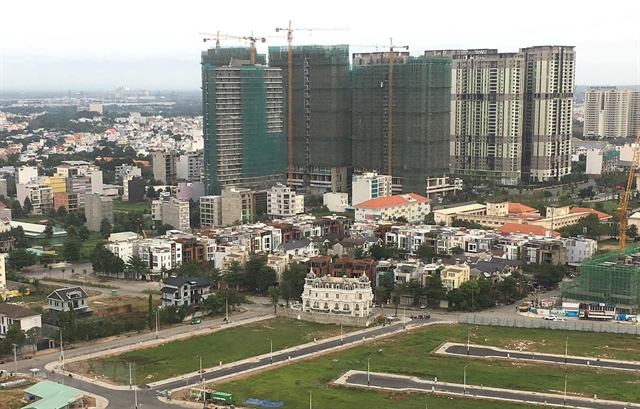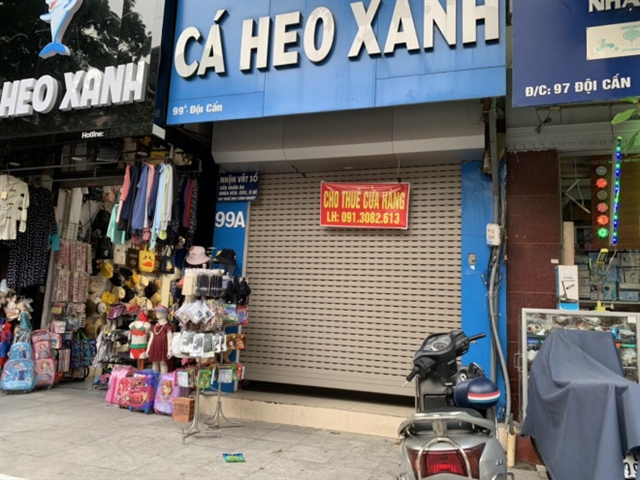
Minh Hương
HÀ NỘI — Lê Thu Cúc pastes a notice in her café to tell her customers she will continue serving them in a café 500m away.
Cúc has worked in the location in a crowded alley in Hoàng Hoa Thám Street in Hà Nội for more than three years and has lots of customers. But her relations with the landlord of the café are in tatters. The landlord didn't give Cúc any support during the COVID-19 pandemic and simply told her: “There is no term in the contract that I should ease the rent for you.”
Cúc has paid rent until the end of June, and after that, she'll move her cafe.
“I asked the new landlord to add one article that we should change the contract terms if there is another unexpected pandemic like this COVID-19," she told Việt Nam News.
“Others got support with a kinder landlord, I did not. However, I will take it as a lesson for future business that I need to oversee everything in the contract.”
Cúc’s situation is still better than Thuỷ Nguyễn's, who rents a house in the Old Quarter to run a homestay. After three months with no clients, Thuỷ has had to close her business and sell all her facilities on the cheap.
“I paid nearly VNĐ200 million (US$8,570) for the facilities last December but I could get less than VNĐ40 million for those things which are mostly unused as I did not have guests,” she said.
Thuỷ said she also had no help from her landlord. She shared a message that the landlord sent her: "My bank interest is not reduced, why should I reduce the prices for you? You must accept the loss yourself. If you don’t want to rent the house, tell me, I will offer it to others.”
Without a provision in their rental contract mandating it, Thuỷ knows she could not force the landlord to support her.
According to the real estate services firm Jones Lang LaSalle (JLL)’s report, the impact of the COVID-19 has caused many tenants to carry out challenging negotiations with landlords to try and survive.
“Such negotiations could change the landscape of real estate trade in the long term," the report said.
According to the JLL report, a pandemic is not a binding term in most types of commercial contracts. Unless the contract clearly describes the term 'disease' or 'pandemic' as a force majeure, the landlord is not obligated to provide any concessions on rent.
With the lack of precedent, landlords and tenants must agree on mutual assistance such as rent reduction or deferred payment.
Richard Fennell, director of JLL's Property Management Division, said: “The relationship between landlords and tenants is always built on a long-term basis and constantly support each other. Although neither side is at fault in this unpredictable situation, drafting the contract is undoubtedly scrutinising the binding terms for similar situations that may occur in the future.”
Recently many local retail giants have asked landlords to reduce the rent in contracts due to the impact of COVID-19. F&B firms like Golden Gate Group, Trung Nguyen Legend, The Coffee House and Starbucks or retailers such as Mobile World Joint Stock Company, FPT Shop and Mai Nguyen Shop have all asked landlords to reduce from 30 per cent to 50 per cent of rent until year-end.
According to a tenant survey from Savills, 57 per cent of participants hope landlords will revise the contracts and reduce 40-50 per cent of the rent, however, at the same time, the firm’s survey with landlords showed there was a reluctance to reduce rent too much, with many saying the maximum they could give is 30 per cent.
For smaller tenants like Cúc and Thuỷ Nguyễn, lawyer Trương Thanh Đức told Việt Nam News that an unexpected event like COVID-19 is obviously a force majeure under the Civil Code 2015 so they can ask landlords for a reduction.
But Đức also said: “It is best for both parties to carry all things in the spirit of understanding and interests of two sides.”
“Lessons learned from the pandemic will change the terms of future leases and change the dynamics of real estate," JLL's Fennell said.
The challenge will come when tenants want to renegotiate rental benefits beyond limits that both parties can accept during this time and long-term relationships will depend heavily on negotiations. More confrontation with the unstable situation will not benefit anyone.
“Instead of keeping an outdated rental model, landlords and tenants need to be flexible and creative in dealing with challenges.
"If both parties do not enhance co-operation, there will certainly be no profit in the business,” Fennell added. — VNS

